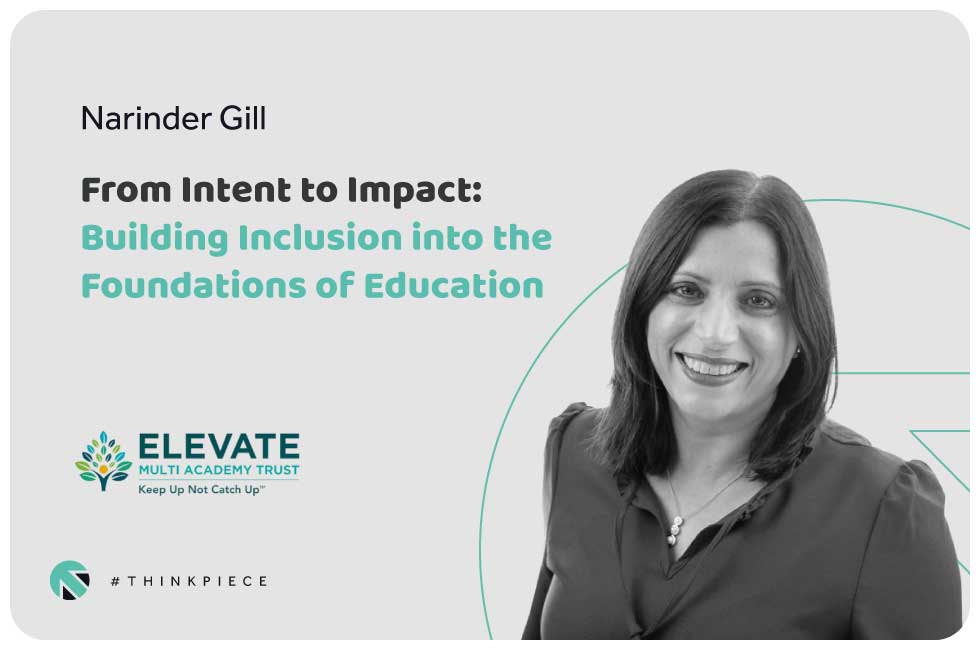As the government’s Inclusion Review gets underway, it’s time to turn values into system-wide strategy. Narinder Gill argues that the FED Futures report offers the roadmap we need. Narinder, Co-Chair of the FED National Education Leaders Council, is the School Improvement Director for Elevate Multi-Academy Trust, a primary Trust in North Yorkshire.
From Intent to Impact: Building Inclusion into the Foundations of Education
As someone who has led schools in some of the most diverse and economically challenged communities in England, I welcome the renewed focus on inclusion set out in the FED Futures 2025 report. It marks a crucial move away from reactive fixes towards a system where inclusion not a gesture, but the foundation.
For too long, inclusion has depended on the moral conviction of individual leaders and the resilience of children navigating systems not designed with them in mind. Now, we have the opportunity for structural change: to reshaping education around equity, evidence, and the actual needs of every child.
The government’s Inclusion Review reflects what many of us in the profession have been saying for years: inclusion cannot be an add-on or afterthought. It must run as a golden thread running through curriculum, assessment, workforce development and accountability.
From my experience leading inner-city primary schools and now working across trusts and policy, I know that inclusion transforms not only our most vulnerable learners, but also improves outcomes for everyone. Trauma-informed practice reduces exclusions. Identity-rich curricula increase engagement. Inclusive design benefits neurodivergent and neurotypical learners. These aren’t just values-driven choices; they are high-impact strategies that work.
The new FED Futures report captures a sector ready to lead this change. It highlights broad consensus across educators, families and leaders that inclusion must be built in, not bolted on. The report’s call for a National Inclusion Framework and Inclusive Education Guarantee offers the clarity and coherence the system desperately needs. This is not about lowering standards, it’s about raising our expectations of what’s possible for every learner.
We must acknowledge the structural barriers that continue to hinder progress. Accountability frameworks prioritising narrow attainment measures can incentivise exclusionary practices. Funding mechanisms often penalise schools for doing the right thing. Teacher training in inclusion remains inconsistent at best. These are not intractable problems – but solving them requires sustained commitment and clear direction.
The FED Futures report sets out what that future could look like.
- A National Inclusion Framework ensuring every child, everywhere, is supported by design rather than exception.
- An Inclusive Education Guarantee embedding high expectations, high support and high equity across all phases.
- Reformed teacher training, broadened curriculum and assessment, and accountability systems that enable inclusion rather than undermine it.
These are not abstract proposals but practical, tested ideas drawn from deep engagement with educators, young people, families and system leaders. They offer a roadmap for making inclusion everybody’s business and every school’s starting point.
Inclusion is complex work, but it is not optional. It is the measure of a system’s moral and professional integrity. We now have the insight, the leadership, and through reports like FED Futures, a clear path forward.
This is our moment to move beyond rhetoric to responsibility. Beyond short-termism to sustainable change. Beyond seeing inclusion as a challenge to recognising it as the key to a stronger, fairer and more future-fit education system.
When we design a system where every child can thrive, we don’t just improve education we transform lives.



